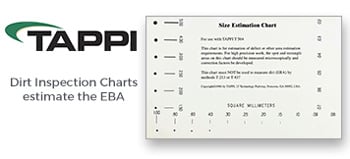Testing the Effects of Operating Conditions on Corrosion of Water Wall Materials in Kraft Recovery Boilers, 1996 Engineering Conference Proceedings
Note: This file can not be downloaded due to file size. To use your free download for this file please call TAPPI’s Member Connection Department.
Douglas Singbeil, Laurie Frederick and Neville Stead
Pulp and Paper Research Institute of Canada
Jeff Colwell and Greg Fonder
Institute of Paper Science and Technology
A standard laboratory test was used to evaluate the effect of environmental conditions on corrosion of candidate materials for water wall construction in kraft recovery boilers. The test program consisted of experiments designed to quantify the influence of furnace gas composition (H2 O, CO2 , H2 S, CH3 SH, (CH3 )2 S) and temperature on corrosion of SA-210 carbon steel (used in standard boiler tubes) and 304L stainless steel (used in composite tubes). Incoloy 825, 310 stainless steel and a chromized coating were also evaluated for relative corrosion resistance to sulphidation at different temperatures. These later materials are considered alternatives to carbon steel and 304L composite tubes. Rapid thermal cycling in a range close to the normal tube surface temperature and the presence of significant concentrations of CH3 SH in the furnace gas were determined to cause rapid corrosion of carbon steel. Corrosion of all materials increased rapidly with increasing temperatures, particularly for Incoloy 825.





